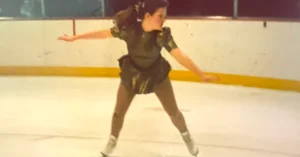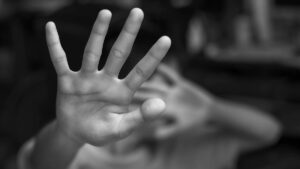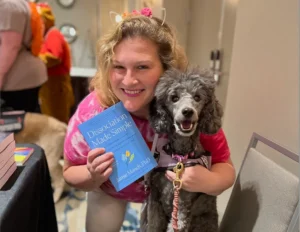After 30 years of working in the field of behavioral health in various capacities, I’m owning the fact that I have dealt with vicarious trauma and PTSD related issues for many years. While I can joke and discount many of the encounters I’ve had through the years as “part of the job,” I wasn’t counting on was the physical and emotional toll the job really had on me. Had I heard some of these stories from others, I wouldn’t hesitate to be concerned at the symptoms and events; but for me, I could handle anything. After a while, I had to discard my cape and realize I was not a superhero with powers to deflect the toxins that had been thrown my way. As much as I dove in and stayed in the trenches to help people overcome their disturbances, I had to pull myself out of those same trenches to find my own healing.
When the whole of your work is to help others bear the weight of their souls, the pressure of their pasts, and the anguish of their current situations, it bears on us in a profound way. We dissociate from our emotions just enough to show compassions and empathy but be still able to cut off from those feelings in order to help clients heal. We may find ourselves subject to this pendulating force regardless of the situation, including in our own personal lives.
I have come to believe in the practice of self-care. For me, it’s more than just compassion and healing – it’s survival. When I am in a spiral of negative cause and effects related to the vicarious trauma I’ve witnessed, the replay of my own demons, or a combination of the dark side of the world in which we live, I have to have the escape, the outlet, the life that still exists. Expressions of art, music, prose, or meaningful conversations help me to share that emotional wound. When I write, my soul unburdens itself without fear of judgement, accusations, or denial. What I have inside me needs to be expressed from a place of non-judgement or I will not allow it to purge, and, not purging those feelings is disastrous. It can mean the shutting down of emotional regulation, the disregard for others and myself in a variety of areas, and a general sense of mistrust with the world around me. I need to have light in the times of darkness, for if the cold dampness is allowed to fester, the beauty within is left to ruin. Expression is my escape from the center of my mind which I so desperately need at times. Without the escape, I become tainted and ineffective as a clinician and as a person. And so, my hope in writing about this is that this act of self-expression and owning my experiences with vicarious trauma will help others find an outlet to express their own feelings and experiences. What is left alone too long no longer serves any purpose, except to destroy.
And so, this writing comes from a state of necessity. I am now noticing that the depth of the pain of what I hear all day has had a tremendous effect on me over the course of 30 years, and I’m sure other clinicians feel this way as well. By sharing this experience, I hope we are all able to find the core piece of ourselves that was what started our paths on this journey again. The times of wanting to cancel clients and take the day off, sleep disturbances, experiences with hyper-vigilance and intrusive thoughts were creeping in again like a familiar, but terrifying, old friend. The ghosts of those past mentors, clients, clinicians, and eras had been overtaking each other until I no longer heard the words which needed now be spoken, to me or others. When I can no longer distinguish between clinical appropriateness, my own bias, therapeutic boundaries, and personal fears, it’s time to pull back the reigns and allow some healing to occur. So, as I offer these perspectives to my colleagues, I should also note how very personal this is for me. My life’s work in the field of behavioral health has taken different avenues, but I have never lost my desire to be a guide to those who may need a light. By shedding light on this issue, I hope to find my own light source again in a way that it no longer burns down quite so far. This is how I make amends with my own past mistakes and come to a place of true trauma-informed care, that starts, inevitably, with me.




